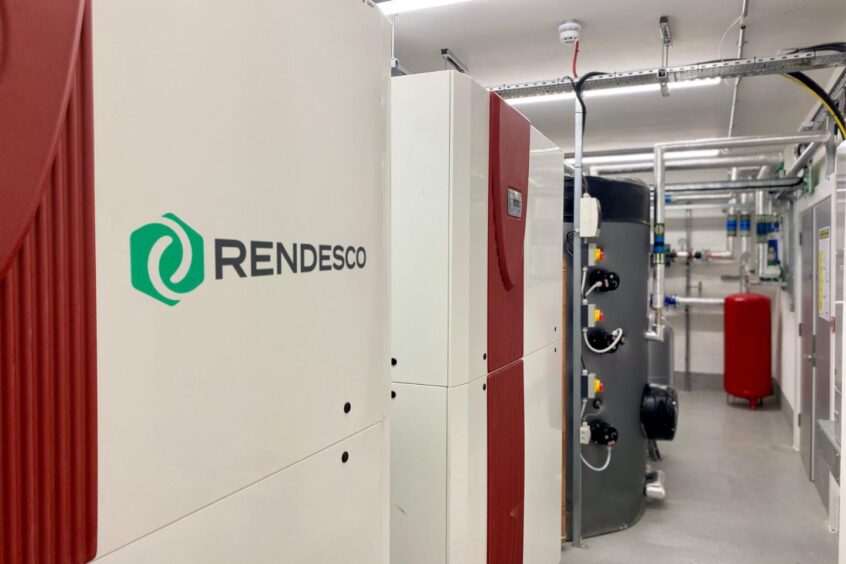
Heat network developer Rendesco has acquired the geothermal drilling operation of ADP Group in a bid to lower costs for its ground-source heat pump projects.
The move comes after the Cheltenham-based firm raised £6 million from investors earlier this year to expand its efforts to replace gas grids with low carbon heat.
Rendesco is also designing and installing the UK’s largest water-source heat network in Hampshire, providing clean heat, hot water and cooling for 6,000 new homes.
Rendesco chief executive officer Alastair Murray said owning the “end-to-end” delivery of renewable heat networks will “dramatically” reduce project costs.
“Our geothermal drilling operations enable communities to benefit from the heat stored locally in the ground to provide low-cost and low-carbon heating,” Murray said.
“Our unique end-to-end approach enables us to offer training to our engineers and apprentices in a whole system approach.
“Investing in highly skilled, multi-disciplinary green jobs is essential to meeting the scale of green heating demand.”
ADP Group managing director Tom Page will join Rendesco as head of drilling, and he said the new operation is “uniquely poised” to drive the decarbonisation of heat at scale.
Decarbonising UK heating
Heating, including space heating, hot water, cooking and industrial processes, accounts for an estimated 37% of the UK’s total carbon emissions.
Decarbonising the heating sector has been described as “the major energy challenge” for the UK over the coming decades.
In 2019, approximately 17% of UK heat emissions came from homes, about equal to the emissions from all petrol and diesel cars on UK roads.
Around 85% of UK homes use natural gas for heating, but changing the fuel source used is only one part of the challenge.
A study from Imperial College London found the UK’s 28.6 million homes are “among the least energy efficient in Europe and lose heat up to three times faster than on the continent”.
Only around 1.5% of Scotland’s heat demand is delivered by district heating networks, while the UK wide figure is approximately 3%.
Utilising water in abandoned mine sites and extracting waste heat from industrial plants are among the solutions which could power UK heat networks, alongside geothermal wells.
Recommended for you

